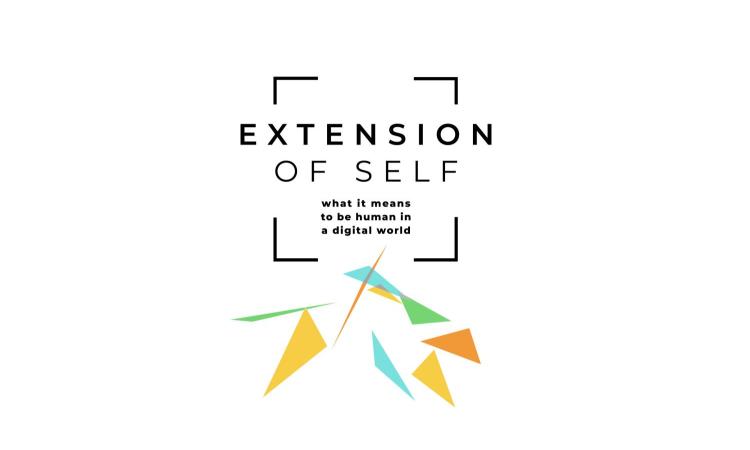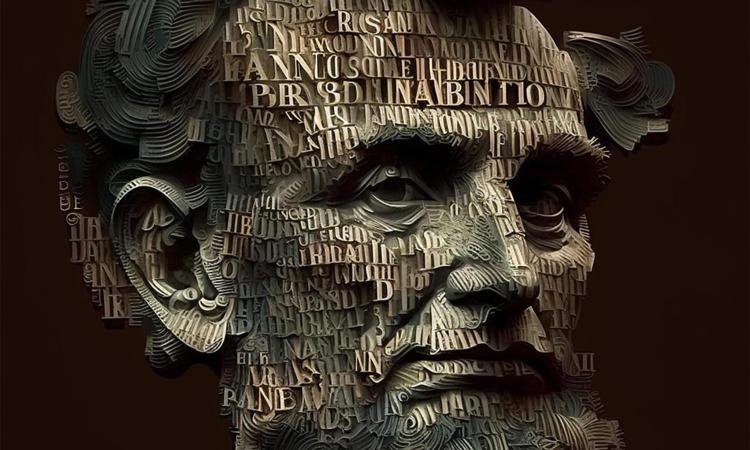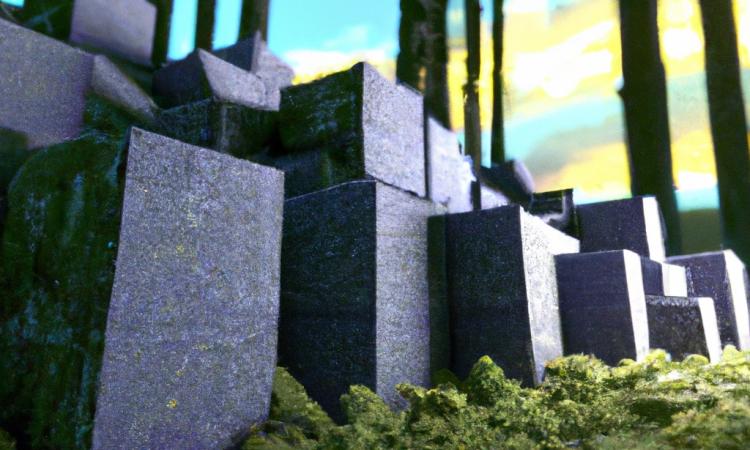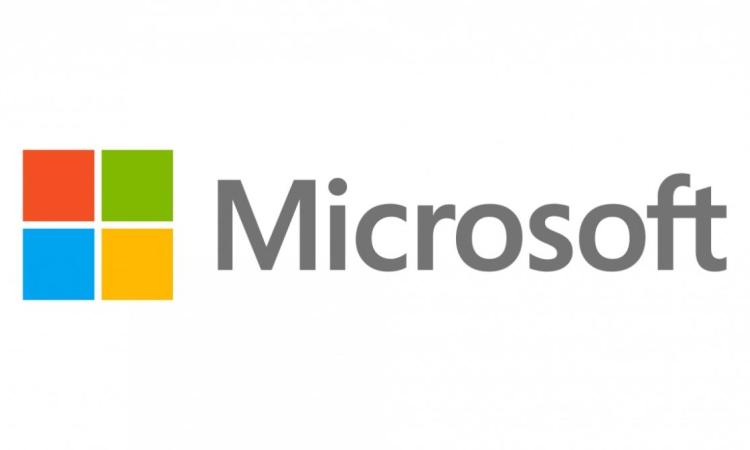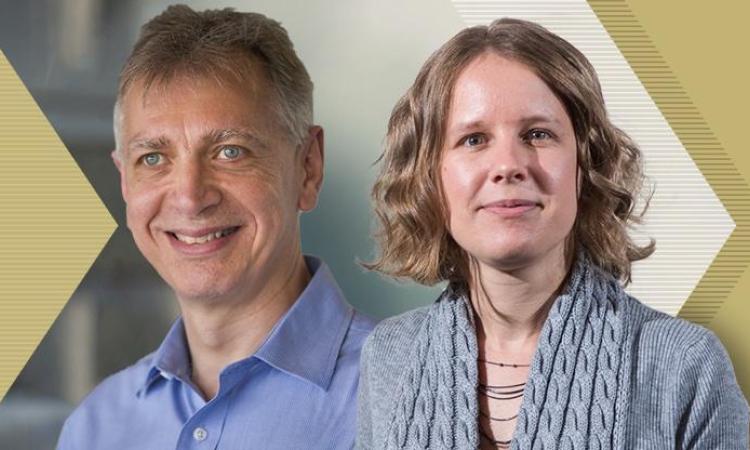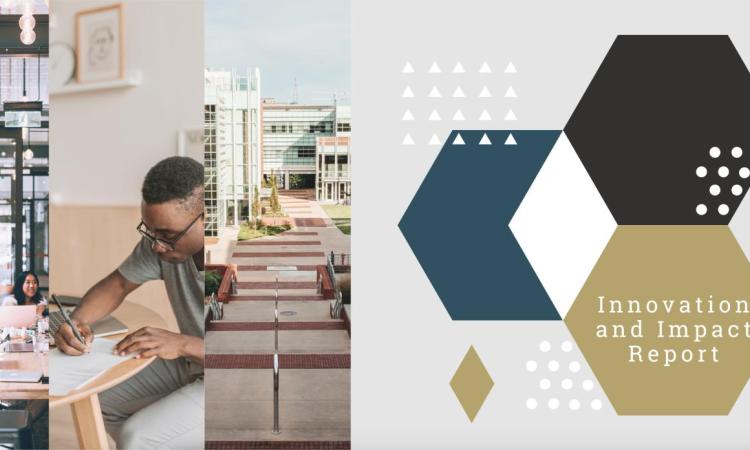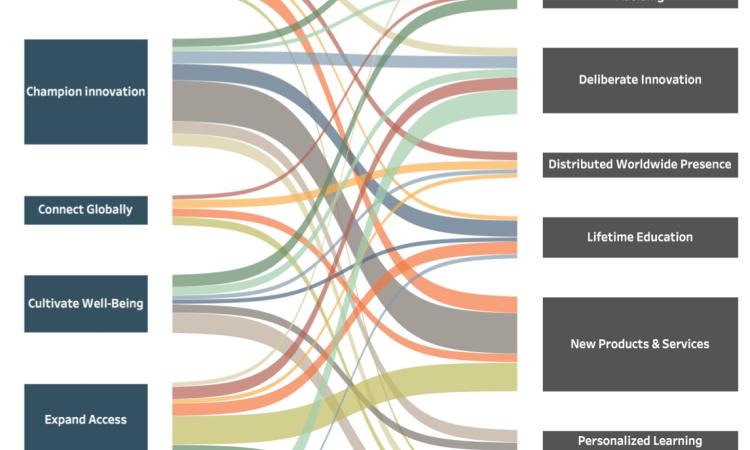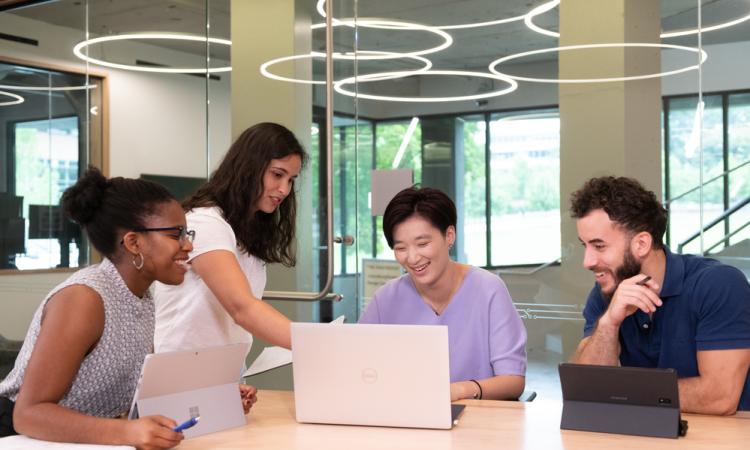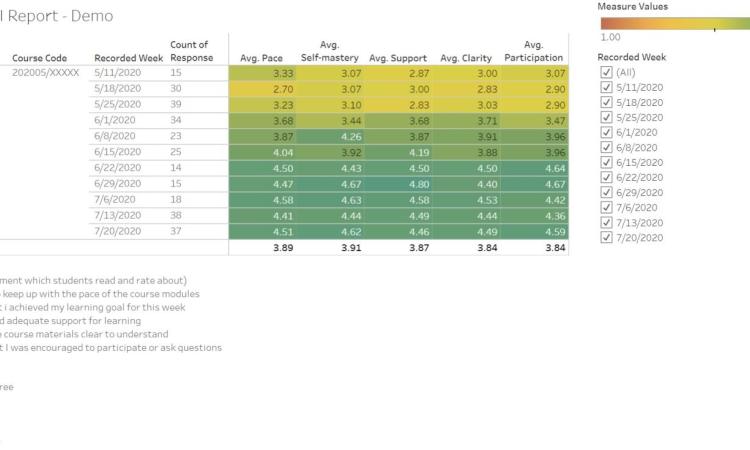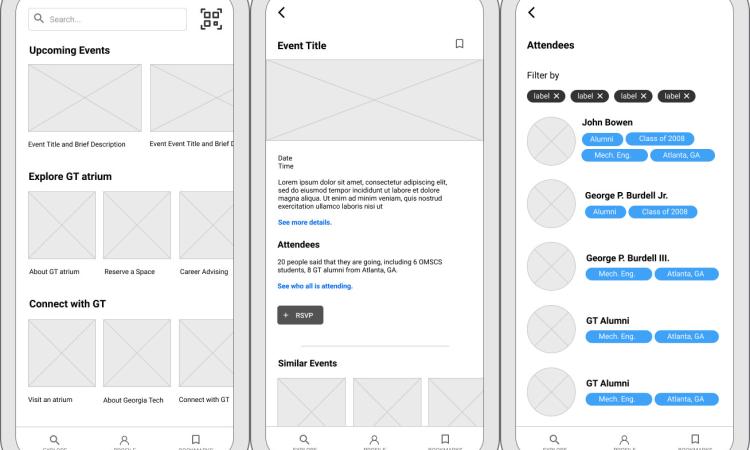Developing an Open Source Wallet for Digital Credentials
The members of the Digital Credentials Consortium (DCC) — comprising 12 international universities — are working together to develop new digital systems for academic credentials. The DCC approach focuses on open standards, as well as developing software, systems and approaches to ensure learner control of their digital credentials.
The Civic Role of Universities in a Changing Educational Landscape - June 2
Georgia Tech's Center for 21st Century Universities (C21U) invites you to attend a half-day event, "The Civic Role of Universities in a Changing Educational Landscape."
Open Call for Artist Submissions to GT-Microsoft Accessibility Research Seed Grant Exhibit: Extension of Self, Aug. 8, 2022
Exhibit curator Birney Robert (College of Computing) has issued a call for artists and researchers working at the intersection of science and technology and addressing topics surrounding accessibility. Accepted work will be displayed in an exhibit titled, Extension of Self: what it means to be human in a digital world.
The Year Ahead: What Will Change, What Will Remain?
Where will it take us in 2022? This trends story highlights C21U's work with the NSF-funded Competency Catalyst project as well as our Microsoft Accessibility Grants and includes quotes from Ashok Goel and Matt Lisle.
Artificial Intelligence to Assist, Tutor, Teach and Assess in Higher Ed
In an op-ed for Inside Higher Ed, Ray Schroeder explores uses of AI in higher ed, including Ashok Goel's AI teaching assistant, Jill Watson.
Thoughts from the Executive Director
At this point it goes without saying that 2020 - 2021 was an academic year unlike any other. As a living laboratory dedicated to fundamental change in education, the Center for 21st Century Universities was perhaps better prepared than most when such change is thrust upon us. Change is a big part of what we do.
Updated Key Performance Indicator (KPI) Tool Available in Canvas for Spring 2022
In August 2020, C21U announced the release of the newest version of the Key Performance Indicator (KPI) tool in Canvas. The KPI tool was originally designed to help instructors monitor students’ learning and gain insight into how to enhance learning in future hybrid or remote courses. Student users were asked to complete a brief anonymous online survey on a weekly basis in which they self-rate their learning experiences in different areas. The initial group of testers echoed that this tool will continue to remain useful in a fully residential mode.
Digital Accessibility, Equity, and Inclusion in a Post-COVID World
Georgia Tech’s Center for 21st Century Universities (C21U) announced four winning proposals for a new accessibility-focused seed grant research program funded by Microsoft.
New GT-Microsoft Accessibility Research Seed Grant Program Announces Winning Proposals for 2021 Funding
Georgia Tech’s Center for 21st Century Universities (C21U) announced four winning proposals for a new accessibility-focused seed grant research program funded by Microsoft.
Georgia Tech Will Help Bring Critical Advancements to Online Learning as Part of Multimillion Dollar NSF Grant
Georgia Tech is a major partner in a new National Science Foundation (NSF) Artificial Intelligence Research Institute focused on adult learning in online education, it was announced today. Led by the Georgia Research Alliance, the National AI Institute for Adult Learning in Online Education (ALOE) is one of 11 new NSF institutes created as part of an investment totaling $220 million.
Georgia Tech Joins the U.S. National Science Foundation to Advance AI Research and Education
Over the next five years, Georgia Tech will make a substantial investment in AI that includes hiring an additional 100 researchers in the field, further solidifying its standing as a leader in the teaching and discovery of machine learning.
Digital Credentials Consortium: Evaluative User Research
The Digital Credentials Consortium (DCC) is a collaboration between twelve institutions across the world with the goal of creating a centralized platform or standard for academic credentials across universities and other education providers so that students can easily receive, store, and share their credential records. In Georgia Tech’s case, we've integrated an issuing tool in our learning management system (LMS), Canvas. In addition, we are collaborating with the DCC to create a tool for claiming credentials, called a “wallet.”
C21U Innovation and Impact Report
When the COVID-19 pandemic struck in March of last year, Georgia Tech (and most universities), pivoted to emergency remote teaching over the span of about two weeks. C21U was at the forefront of this pivot and has continued to help lead the Institute as we define the most optimal paths going forward.
Mapping Georgia Tech's New Strategic Plan to the CNE Report
Georgia Tech has a new strategic plan for the years 2020 to 2030. However, many of the themes highlighted in the 2018 CNE report -- themes like Lifetime Education, Distributed Worldwide Presence, AI, Whole Person Development, and more -- continue to be both critical to the future of Georgia Tech and relevant within the new Strategic Plan.
NSF Convergence Accelerator Awards Second Round of Funding to Eduworks, Georgia Tech, USG, Credential Engine for $5 Million Competency Catalyst Initiative
The National Science Foundation (NSF) has named Competency Catalyst, an initiative focused on innovative tools for workforce reskilling and led by partners including Eduworks Corporation (Eduworks), Georgia Tech, and the University System of Georgia (USG), as one of nine teams selected to receive Phase II Convergence Accelerator funding. Over two years, Competency Catalyst will receive $5 million in funding from the NSF Convergence Accelerator.
C21U Launches New Canvas Key Performance Indicator (KPI) Tool to Help Instructors Collect Weekly Student Feedback
With more instructors than ever before teaching remote and hybrid courses this Fall semester, insights into course experience are critical for the continued success of both instructors and students at Georgia Tech. With that in mind, the Center for 21st Century Universities (C21U) has developed a new tool that provides instructors with course-specific weekly snapshots of how students are performing. Designed to work seamlessly with Canvas, Georgia Tech’s Learning Management System, the Key Performance Indicator (KPI) Tool gives instructors a new, near real-time measure of student progress.
NSF Convergence Accelerator RAPID Grant Awarded to USG, Eduworks for Bridging the Health Care Skill Gap
In response to the global impact of COVID-19, the National Science Foundation announced and awarded a series of Convergence Accelerator Rapid Response Research (RAPID) grants, of which Eduworks Corporation (Eduworks) and the University System of Georgia’s Bridging the Health Care Skill Gap project is a recipient.
Understanding the Need for Digital Credentials
During Spring 2020, C21U initiated a pilot study to explore the idea of awarding digital credentials to Georgia Tech students via Canvas, the current Learning Management System for the university. The need for universally recognized and accepted verifiable digital credentials arises from the gap between the skills that recruiters and admissions committees seek, and the academic proof that college transcripts offer. Currently, many academic credentials are non-indicative of a range of skills that students gain from the courses they undertake in college, thus making it difficult for recruiters and admissions committees to evaluate candidates. If digital credentials are widely recognized and accepted across universities and education providers, it would not only provide students with a one-stop solution for credentials but would also aid university students, faculty, admissions committees, and employers in holistically assessing students’ skills.
Shaping the GTatrium Experience Through User Research and Design
This year, as C21U graduate research assistants, we were tasked with researching and designing initial concepts for a nascent but quickly-developing CNE project: the Georgia Tech atrium. As a physical gathering space and gateway to both in-person and digital GT services—such as career counseling, exploring GT credentials, and networking—the GTatrium™ is intended to expand the possibility for individuals to experience Georgia Tech beyond Atlanta. Alongside visiting atria, users will be able to extend their experiences using the GTatrium™ mobile application, weaving together their in-person and digital experiences, from near atria and afar.
DeMillo to Step Down at C21U to Return to Georgia Tech’s Faculty
Pagination
- Previous page
- Current page 4
- Next page
(text and background only visible when logged in)


